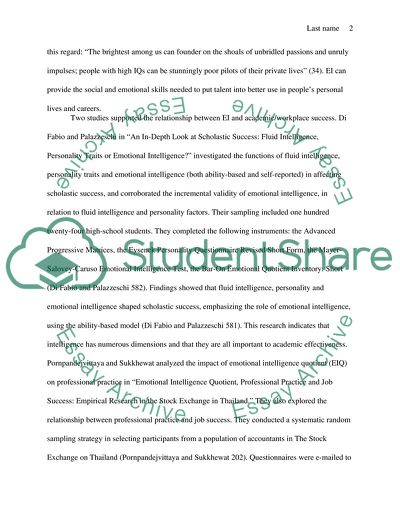Cite this document
(“Review of Golemans Emotional Intelligence Essay”, n.d.)
Review of Golemans Emotional Intelligence Essay. Retrieved from https://studentshare.org/psychology/1604824-review-of-golemans-emotional-intelligence
Review of Golemans Emotional Intelligence Essay. Retrieved from https://studentshare.org/psychology/1604824-review-of-golemans-emotional-intelligence
(Review of Golemans Emotional Intelligence Essay)
Review of Golemans Emotional Intelligence Essay. https://studentshare.org/psychology/1604824-review-of-golemans-emotional-intelligence.
Review of Golemans Emotional Intelligence Essay. https://studentshare.org/psychology/1604824-review-of-golemans-emotional-intelligence.
“Review of Golemans Emotional Intelligence Essay”, n.d. https://studentshare.org/psychology/1604824-review-of-golemans-emotional-intelligence.


